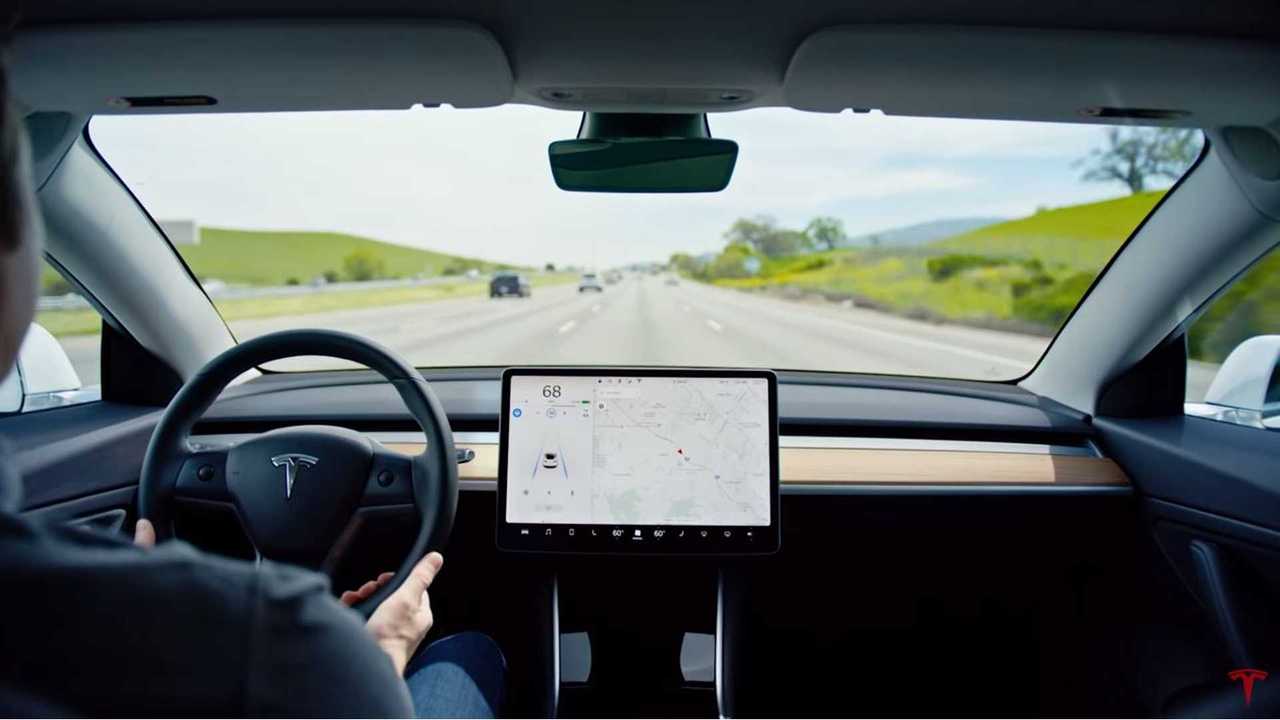Tesla is facing another legal challenge regarding its Autopilot driver assistance system. The trial, which began recently, is centered around the death of Micah Lee, who was allegedly killed due to a malfunctioning Autopilot system. The case is being heard in California’s Riverside County Superior Court. Lee’s Tesla Model 3 reportedly veered off the highway, crashed into a palm tree, and caught fire, resulting in his death and severe injuries to his two passengers.
The plaintiffs argue that Tesla knowingly installed faulty Autopilot systems in its vehicles. In response, Tesla’s lawyers claim that the driver was intoxicated, although his blood alcohol content was under the legal limit. Michael Carey, a lawyer representing Tesla, emphasized that the case is not about Autopilot itself but rather a result of human error.
Tesla has repeatedly stated that Autopilot is a driver assistance system that requires users to remain attentive at all times. The company emphasizes that the system is designed to reduce driving stress and not to replace human drivers. However, Tesla is actively working on developing the next-generation AI-powered neural-network-based self-driving software.
The Autopilot system is also the subject of ongoing investigations by the National Highway Traffic Safety Administration (NHTSA). One of these investigations involves a Model X that crashed into parked emergency vehicles in Texas.
In addition to Autopilot-related legal challenges, Tesla is also facing a lawsuit filed by the Equal Employment Opportunity Commission (EEOC). The EEOC alleges widespread racial abuse of black workers at Tesla’s Fremont manufacturing plant. The lawsuit claims that racism was frequent and resulted in job transfers and firings of black employees who raised objections.
Overall, Tesla’s legal issues continue to mount, with ongoing trials and investigations regarding its Autopilot system and allegations of racial abuse in the workplace.
California Trial Begins for Fatal Tesla Autopilot Incident with High Stakes
The highly anticipated trial for the fatal Tesla Autopilot incident in California has finally begun, capturing the attention of automotive enthusiasts, legal experts, and the general public alike. The outcome of this case is set to have significant ramifications on the future of autonomous vehicles and the liability of automakers.
The incident in question occurred in 2018 when a Tesla Model X crashed into a concrete barrier on a highway near Mountain View, California, resulting in the death of the driver. The vehicle was operating in Autopilot mode at the time of the accident, raising serious questions about the safety and reliability of self-driving technology.
The central issue to be analyzed in this trial is whether Tesla should be held responsible for the accident and if their Autopilot technology functioned adequately. The plaintiff’s legal team will argue that the company and its Autopilot feature failed to meet reasonable safety standards, and that the accident could have been prevented had Tesla implemented necessary safeguards.
Tesla, on the other hand, is likely to assert that the driver was partially at fault due to his negligent behavior. The company’s defense team is expected to highlight that the driver had received multiple warnings to keep his hands on the steering wheel and remain vigilant. Tesla’s argument is supported by the fact that their Autopilot system is not marketed as a completely autonomous driving system, but rather as a driver-assistance feature designed to be used with the driver’s full attention.
Interestingly, this trial is not only about determining liability in a tragic accident but also holds significant implications for the development and utilization of autonomous vehicles worldwide. As autonomous technology continues to advance, questions related to liability and accident prevention become increasingly important. The outcome of this case may establish legal precedent and influence the regulations and future practices of other automakers who are developing self-driving technology.
Furthermore, this trial highlights the need for a comprehensive legal framework to govern the deployment and usage of autonomous vehicles. While autonomous driving offers immense potential to reduce accidents caused by human error and improve road safety, it also introduces new challenges and complexities when it comes to assigning responsibility in case of accidents. Establishing clear guidelines and standards will be crucial to ensuring the safe and responsible integration of self-driving vehicles into our everyday lives.
Another aspect that makes this trial particularly noteworthy is the involvement of Tesla CEO, Elon Musk. Musk has been at the forefront of the autonomous driving industry, often making controversial statements about the capabilities and safety of Tesla’s Autopilot system. His presence in the proceedings not only sheds light on the high-profile nature of the trial but also adds another layer of scrutiny to Tesla’s position in this case.
As the trial unfolds, it is essential for the court to carefully consider all the evidence presented and arrive at a fair and just verdict. The outcome will have far-reaching consequences, not only for the parties involved but also for the future of autonomous driving technology. It is evident that the success of autonomous vehicles will depend on a delicate balance between technological advancement, responsible user behavior, and robust legal frameworks.
Whatever the outcome may be, the California trial for the fatal Tesla Autopilot incident is undeniably a crucial milestone in the ongoing discussion surrounding autonomous vehicles. Its aftermath will shape the trajectory of self-driving technology and contribute to defining the obligations and responsibilities of automakers in ensuring the safety of drivers and passengers.

